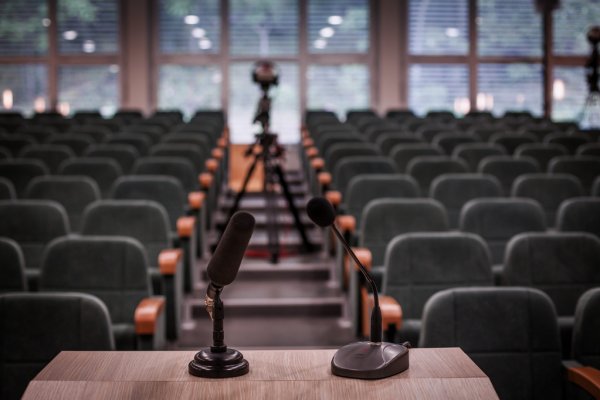Are women fairly represented in the peace-talks at the highest tables in the United Nations, where major decisions, including the fate of the nations is being deliberated upon?
The United Nations Secretary-General Antonio Guterres brought this question to the Security Council when he recently said that ‘gender equality is first and foremost a question of power, and wherever we look, power structures are dominated by men, starting at the top where women lead only 7% of countries.’ He elaborated, that especially in peace talks, for e.g. between Afghanistan government and Taliban, or in Mali, where political transitions in these countries is being discussed, the ratio of women representation remains absent or miniscule.
The Taliban, who has systematically opposed women to go to school, or work, or even leave the house without a male escort, not surprisingly, does not have a single woman in their delegation in the negotiation talks with the Afghan government at the United Nations. The Afghan delegation has four women on its negotiation delegation, but it is nowhere enough representation – when almost half of Afghan’s population is seriously dependent on the outcomes in the negotiation talks for their future.
Germany’s Foreign Office Minister of State Michelle Muntefering highlighted that 20 years back on October 31, 2000, Security Council had declared that women’s equal participation in peace and security talks in fundamental to the future of humanity and the world, but nine Security Council Resolutions later, little has changed, as women continue to be ignored when undertaking conversations, dialogues, negotiations in post-conflict societies.
What after all, if any, is the mechanism for accountability? If inspite of all nations paying lip-service to ensuring equal participation of women, do precious little for their advancement, both at the UN and back home, is anyone ever held responsible? If not, how will change ever come?
India joined the bandwagon by releasing the following statement yesterday –
“Violence against women and girls perpetrated by terrorists deserve our strong condemnation. Such women-targeted violence distorts the very basis on which civilised societies rest.” India said in a statement to the Security Council open debate on Women, Peace and Security on Thursday. India added – “It is also important that the Council strives to effectively integrate WPS (Women, Peace and Security) considerations into sanctions regimes, including by listing terrorist entities involved in violence against women in armed conflicts.” While India pointed out how it has given political representation to women at Panchayat/grassroot level, there was obvious silence on another important point that no one dare asks – why has India failed to move the Bill on women representation in its highest legislative body – the Parliament?
To give brief idea of the dismal state of affairs of women representation in peacekeeping –
women form only 5.4 per cent of the military and 15.1 percent of police in peacekeeping operations, facilitated by the United Nations.
India was instrumental in providing United Nations Mission in Liberia’s first all-female- Former Police Unit (FPU) in 2007, which in turn provided critical support in deterring sexual and gender based violence amongst Liberians, providing much inspiration and solace to the Liberian women.
But overall, the level of actual commitment to women’s equality by the leaders (mostly male) is under a serious doubt as inspite of rosy words, little positive development seems to be reflected in numbers.
More women out there – keen to change this?


